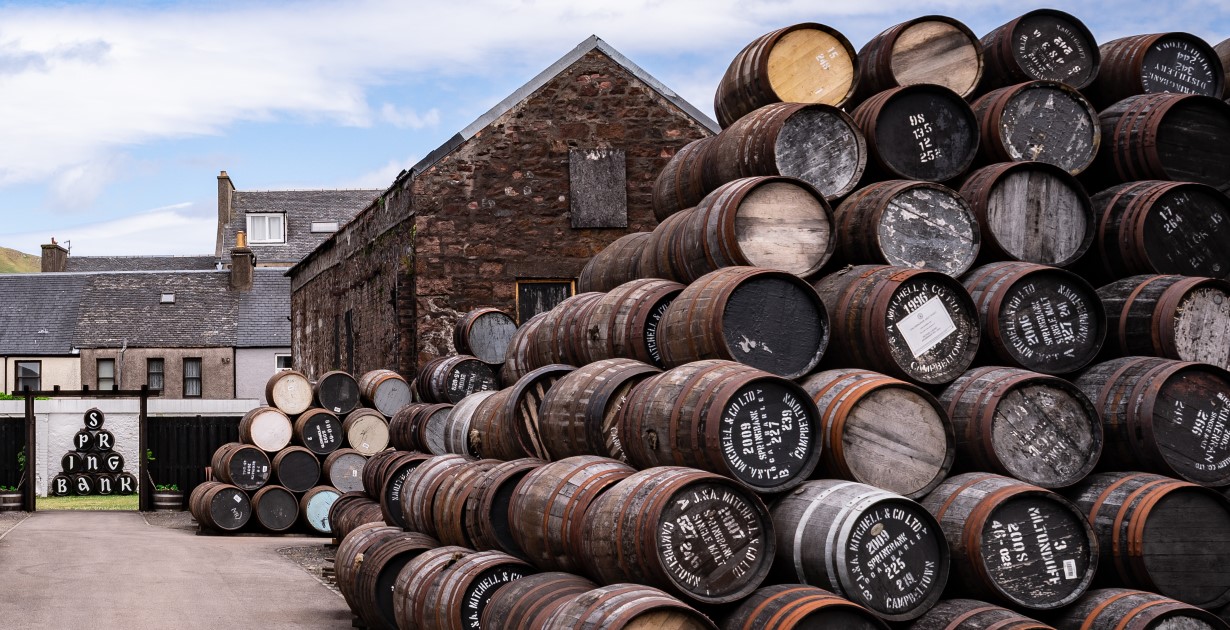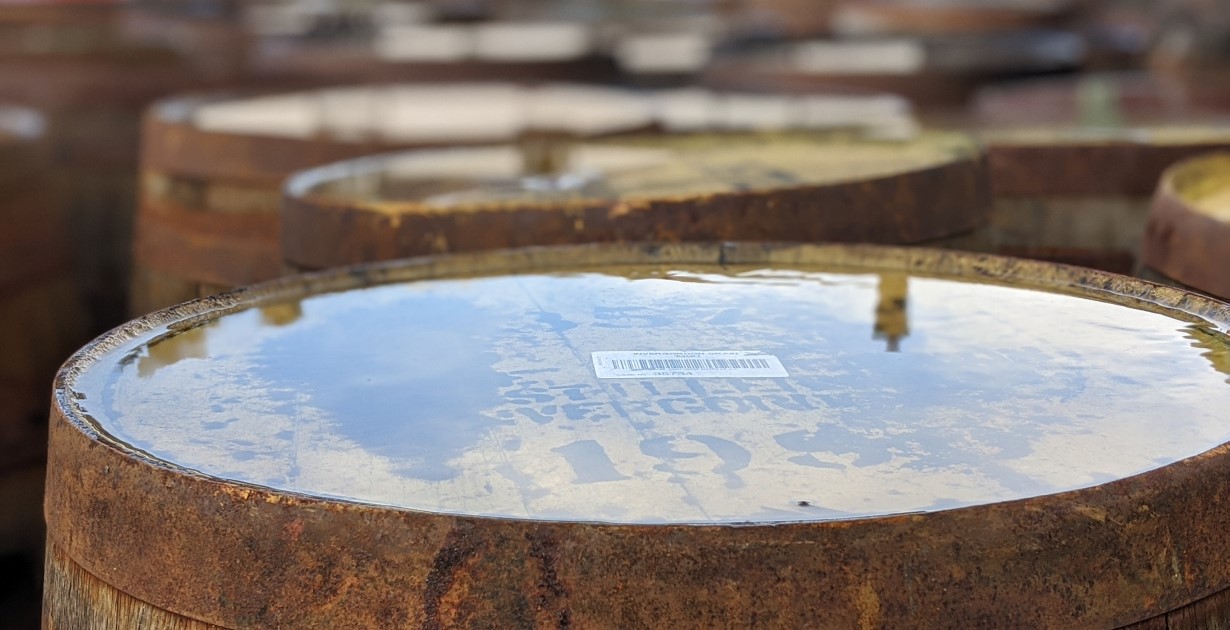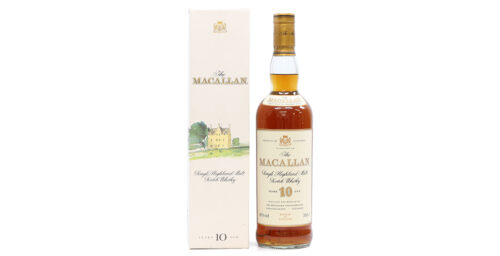
Cask investment companies are rethinking their marketing after the Advertising Standards Authority decided current practices weren’t good enough.
The U.K.’s independent advertising regulator concluded that previous ads were “misleading and socially irresponsible” and didn’t comply with the rules set out for financial products. So far the rulings that came into effect in January 2024 have provided welcome protection for consumers in cask investments. But there is still a way to go for full protection within the unregulated industry.
Preventing Cask Investment Fraud
The 2024 legislation came into effect following the investigation and ruling against the advertising practices of a number of cask investment companies in 2023. The ASA’s official rulings specify what advertisements for cask investments should make clear, and what they explicitly cannot contain.
The rulings cover both paid adverts and general online content (like websites). In order to prevent the most common malpractices by cask companies the ASA provides guidance over three categories; qualifications, endorsements and social responsibility. But what does that mean?
Backing Up Claims With Their Own Data
The guidance on qualifications is the longest of the three sections, but the essence is that companies have to be able to prove any figures they claim. The qualifications section ensures that any potential cask purchaser must receive the information necessary to make an informed decision, in an unbiased way, and that risks are clear.
Not making claims of rates of returns that they cannot prove with their own data was one of the big callouts of the investigation into Blackford Casks Ltd., so it’s no surprise to see rates of returns explicitly mentioned.
This section also specifies that cask investment companies must provide a basic level of information about the nature of maturing whisky in casks. That includes facts like natural evaporation rates, and informing customers that casks must be bottled when the whisky inside is above 40% ABV to be classed as scotch. It should also include things like naming rights and the difference between the markets for different whisky, or whiskey!
Any whisky investment firm also needs to ensure a potential customer understands whisky is an unregulated market.
As Featured In (But Only Because You Paid…)
Endorsements is the second category, and is there because companies were misusing logos and “featured in” sections to gain trust. Like one cask company that used the World Whisky Award logo in its advertisements when it hadn’t won an award.
As well as banning the use of misleading logos, the guidance specifically mentions “featured in” sections. That’s because cask investment companies were including “paid for” advertorial in the featured sections, which the ASA deemed misleading.
The rulings mean that companies can only include endorsements of this type when a publication has “chosen to run editorial features about your company.”
Not Exempt From Social Responsibility
The final category is social responsibility. Under the ruling companies cannot use misleading language to give an “irresponsible impression” of what can be gained from an investment into casks.
The section specifically covers language for rates of return and things like “potential for retirement.” It also gives the flexibility to apply to other misleading information that isn’t explicitly covered.
A good example of what else is covered by this section would be how cask sizes used to be presented alongside a number of bottles. That could lead a consumer to make an incorrect calculation of a per bottle price, and make a cask appear better value than it actually is.

Protecting Potential Cask Investors
The new rulings bring the advertisements for cask investments in line with how other investments must be presented, although whisky remains otherwise unregulated.
The three areas of the new guidance ensure that potential purchasers of casks must be provided with the basic foundations of knowledge to make an informed choice. What’s more, any data and/or information provided must not be misleading or irresponsible in how it is presented, or be deceptive via omission.
The rulings mean that non-compliant adverts or scams will be taken down more quickly, which will help protect consumers and reduce the potential for scams. Companies will have to be more considerate about how they present data, and provide comprehensive background information, which should help to improve the balance of information between sellers and buyers. That can only be positive for the industry as a whole.
A Small First Step
These rulings are a small first step in preventing scams and mis-selling to vulnerable consumers. The guidance is poignant for the cask investment industry, which has made headlines too often recently for the wrong reasons. But many in the industry agree that it is only the start of the work that needs to be done to make cask investment safe.
Ownership remains a significant area of concern and is not specifically addressed within the new guidance.
Grass roots initiatives such as ProtectYourCask.com, set up by the Editor In Chief of The Whiskey Wash aims to provide free information to potential cask buyers. However there is a real and material risk to the industry, as proven by Fergus Ewing’s address to The Scottish Parliament.
Do You Own That Cask?
Many cask investment companies use “certificates” and contracts that give a “right to” a cask, rather than outright ownership. The limitations to owning a cask this way include lack of autonomy over your asset, limitations of who you can sell with and the risks of owning a long term investment through an unregulated company.
While some companies claim to use certificates as legitimate setups to allow private individuals to own casks where they can’t take full ownership, in many instances this structure has led to consumers not getting what they thought they’d purchased, or the casks simply not existing.
The nuances and risks of this ownership structure are rarely communicated clearly to the purchasers. At a stretch this could be covered under both the qualifications and social responsibility sections, but the lack of explicit ruling of how ownership should be communicated leaves a big gap in consumer protection and industry transparency.
Overall the ASA protection is welcome, but is just the first step in making private cask investment a safer place for private individuals.
Whisky remains an unregulated market. Casks can be an interesting and engaging asset but potential purchasers still need to take significant steps to educate themselves on the nature of the whisky market, and the nuances of casks in particular, before committing to a purchase.










